Atova 10 | Tablet | 15 pcs
৳ 150.15
Brand Name: Atova Tablet
Generic: Atorvastatin Calcium
10 mg
Manufacturer: Beximco Pharmaceuticals Ltd.
Unit Price: ৳ 10.00 (30’s pack: ৳ 300.00)
Indications
Atorvastatin is indicated as an adjunct to diet for reduction of elevated total cholesterol, LDL-cholesterol, apolipoprotein B, and triglycerides in patients with-
- Primary hypercholesterolemia- heterozygous familial and non-familial hypercholesterolemia and mixed dyslipidemia (Fredrickson types IIa and IIb)
- Elevated serum TG levels (Fredrickson type IV)
- Primary dysbetalipoproteinemia (Fredrickson type III) who do not respond adequately to diet.
- Homozygous familial hypercholesterolemia as an adjunct to other lipid-lowering treatments (LDL apheresis) or if such treatments are unavailable.
Therapeutic Class
Pharmacology
Dosage & Administration
Children: Treatment experience in a paediatric population with dose of Atorvastatin up to 80 mg/day is limited.
Geriatric (>70 years): The safety and efficacy of Atorvastatin in this population is as similar as < 70 years of age patients with the dose upto 80 mg/day.
In patients with Renal Insufficiency: No dosage adjustment is required.
Interaction
Contraindications
Side Effects
Pregnancy & Lactation
Precautions & Warnings
Liver effects: Liver function tests should be performed before the initiation of treatment and periodically thereafter. Should an increase in ALT or AST of greater than 3 times the upper limit of normal persist, reduction of dose or withdrawal of Atorvastatin is recommended. Atorvastatin should be used with caution in patients who consume substantial quantities of alcohol and/or have a history of liver disease.
Skeletal muscle effects: Uncomplicated myalgia has been reported in Atorvastatin- treated patients. Atorvastatin therapy should be discontinued if markedly elevated CPK levels occur or myopathy is diagnosed or suspected. Should significant increases in CPK persist, reduction of dose or withdrawal of Atorvastatin is recommended. Rare cases of rhabdomyolysis with acute renal failure secondary to myoglobinuria have been reported with Atorvastatin and with other drugs in this class.
Overdose Effects
Storage Conditions
| Generic Name | Atorvastatin Calcium |
|---|---|
| Size | 10 mg |
Only logged in customers who have purchased this product may leave a review.

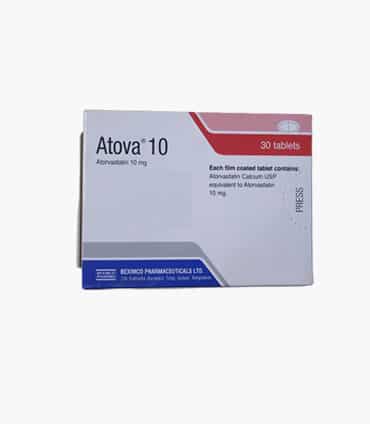
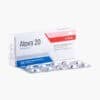


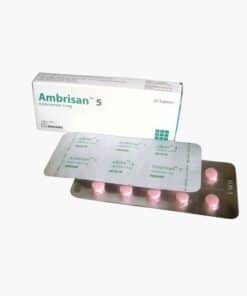
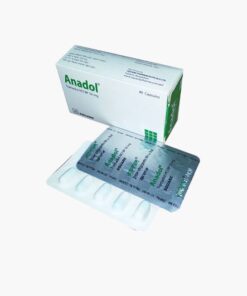
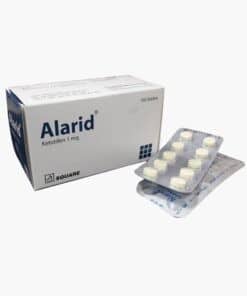

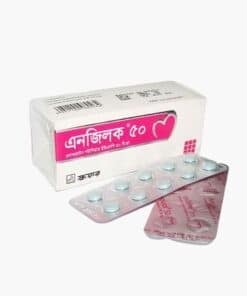
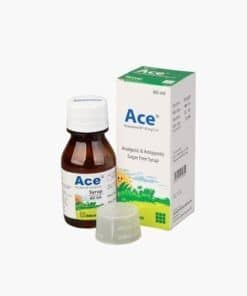
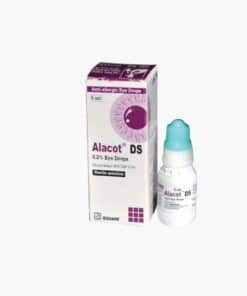

Reviews
There are no reviews yet.